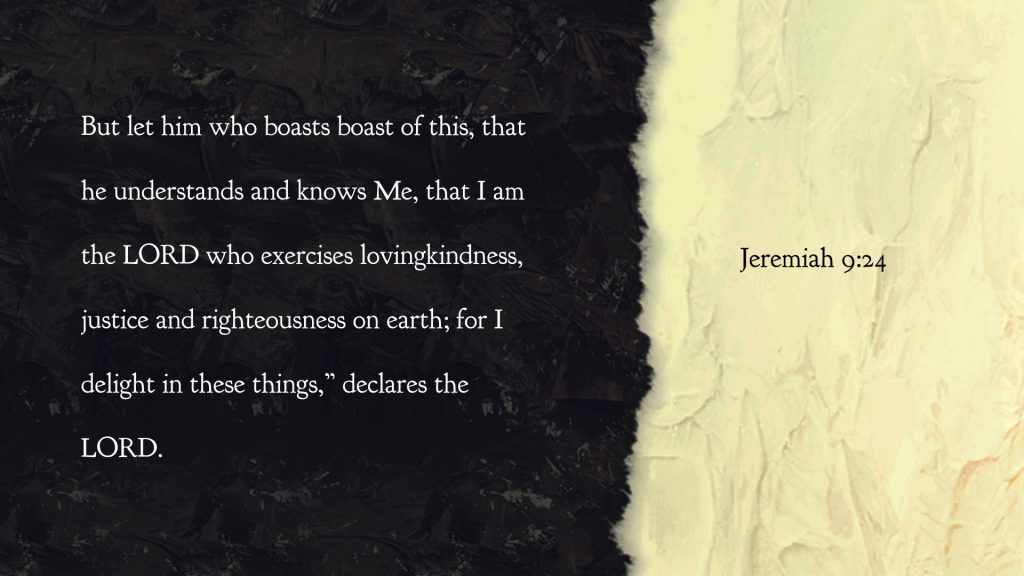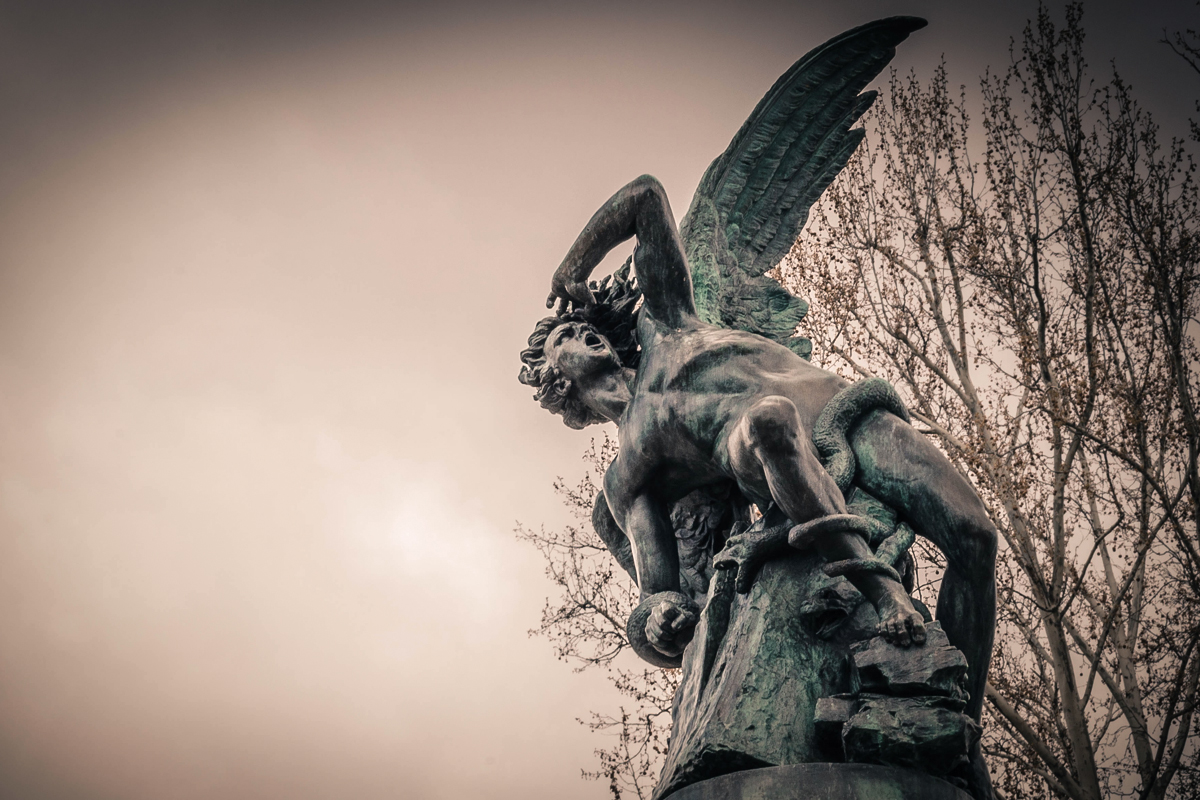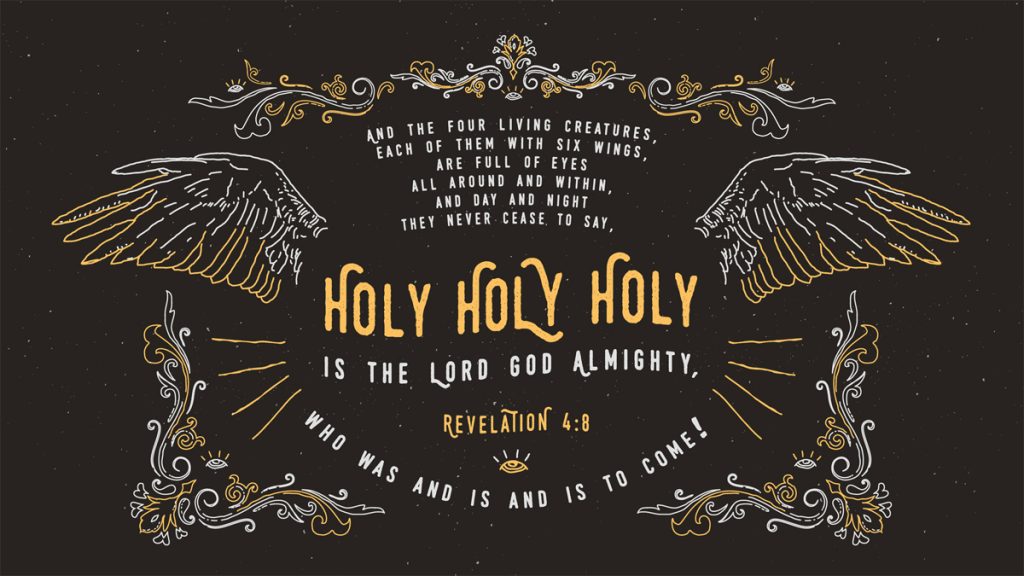The context of this passage is about Yahweh’s message to people who are about to undergo judgment. Both His people and outsiders alike are in Jeremiah’s words to become corpses like dung that fall on the open field. In descriptive language, Jeremiah produces symbolic meaning that expresses the most profound lament over Zion. The place where Yahweh’s presence once dwelled among His people. It is not only to become abandoned but subject to destruction as decreed and prophesied. Jerusalem, the city of His people, was to become a heap of ruins. A place where wild beasts or predators often dwell, and it was by the will, intent, and direct action of Yahweh that this devastation was to occur. A straightforward and necessary result of betrayal and rejection of Yahweh, their God, and the God of all creation.
Thus says the Lord, “aLet not a wise man boast of his wisdom, and let not the bmighty man boast of his might, let not a crich man boast of his riches; but let him who boasts aboast of this, that he understands and knows Me, that I am the Lord who bexercises lovingkindness, justice and righteousness on earth; for I cdelight in these things,” declares the Lord.[1] – Jeremiah 9:23-24
For context concerning Jeremiah’s overall prophetic message, the second chapter of his book calls attention to Judah’s sins. Namely, their practice of idolatry, social injustice, and religious ritualism. The third and fourth chapters of Jeremiah pertaining to his call to repentance and how they were to escape destruction. Ultimately, inevitable, and terrible judgment would come upon them because they refused to repent and return to Yahweh. They chose instead to plunge headfirst into the punishment prescribed by their God.
Immediately after these messages of the indictment (chapter 2), the call to turn back from evil (chapters 3-4), and unequivocal condemnation (chapters 4-6), Jeremiah’s distress highlights what could have been averted if they would have chosen the opposite of what he wrote. As the beginning verses of chapter nine were filled with the depth of his grief, what could have turned about is a study in contrast. A lifestyle of lies, evil, adultery, treachery, betrayal, slander, fraud and violence were leveled at them by Yahweh Himself. Moreover, Jeremiah’s distraught view of their rebellion gave a clear and specific indication of what people could do. Instead of lies, honesty. Instead of evil, good. Instead of adultery, faithfulness. Instead of treachery, loyalty. Instead of betrayal, devotion. Instead of slander and fraud, righteousness. There are numerous behaviors the people could have undertaken to begin a course correction to get themselves on a better path. The people could have humbled themselves with an appeal to Yahweh for His grace, mercy, guidance, and strength. To begin again in repentance and renew their covenant commitment with Him as they start to abide by His interests and desires.
As a matter of principle, as it was then, so it is today. Especially within secular Western culture that has largely removed God from daily life. At a personal level and among institutions, both public and private. If they return to God, seek Him, and abide by His truth, there is restoration.
Verse 23) CROSS-REFERENCES
a Eccl 9:11; Is 47:10; Ezek 28:3–7
b 1 Kin 20:10, 11; Is 10:8–12
c Job 31:24, 25; Ps 49:6–9
Verse 24) CROSS-REFERENCES
a Ps 20:7; 44:8; Is 41:16; Jer 4:2; 1 Cor 1:31; 2 Cor 10:17; Gal 6:14
b Ex 34:6, 7; Ps 36:5, 7; 51:1
c Is 61:8; Mic 7:18
[1] New American Standard Bible: 1995 Update (La Habra, CA: The Lockman Foundation, 1995),
Jeremiah 9:23–24.






















